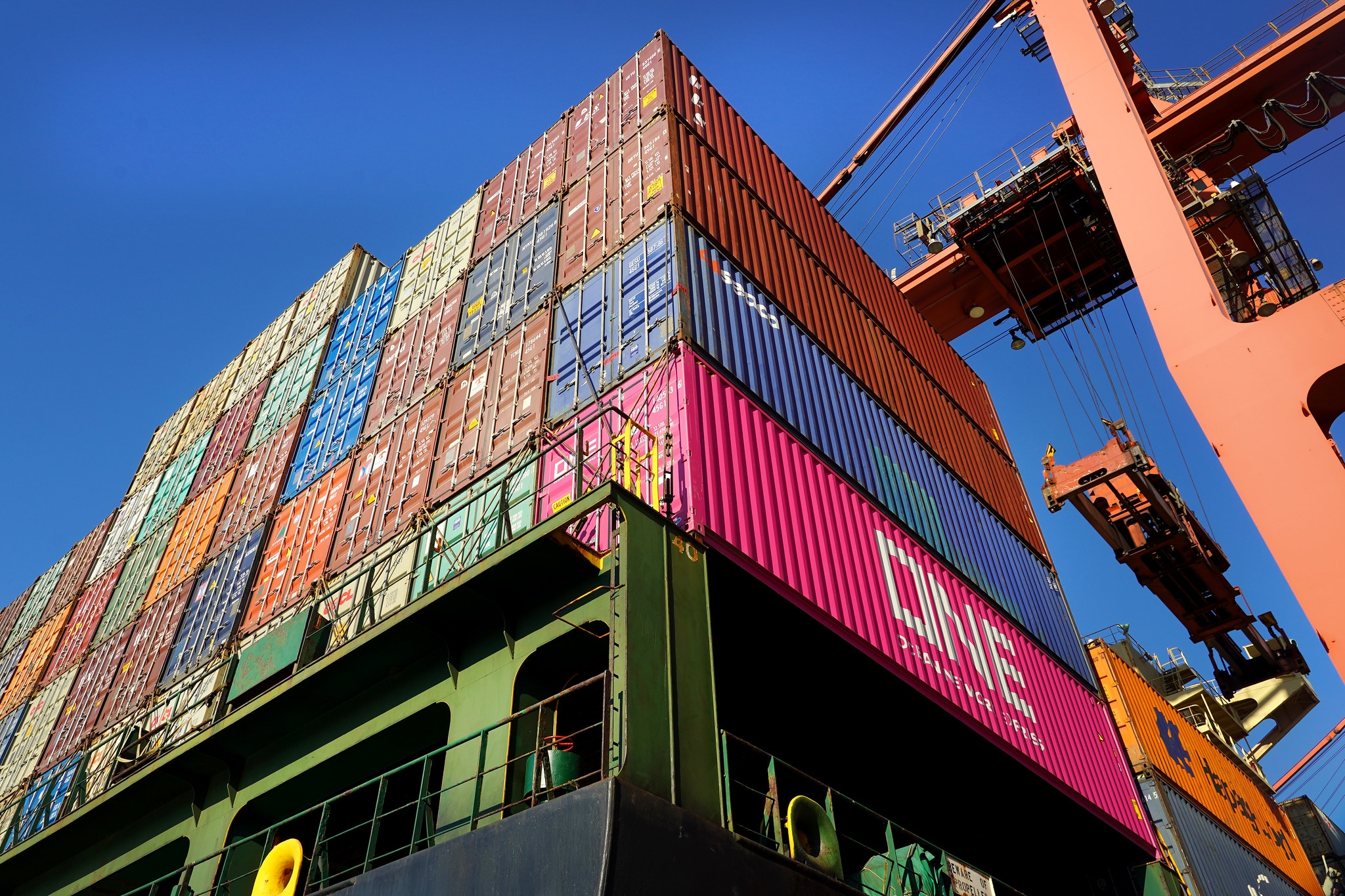
Strengthening food safety
STDF/PG/62
Start:
01/09/2008
End:
31/01/2011
Status
Completed
Project value (US$)
759,968
STDF Contribution (US$)
499,480
Beneficiaries
Cameroon
Show more
Implementing entities
Food and Agriculture Organization of the United Nations (FAO)
Show more
Partners
Show more
The project aimed to strengthen the food safety system in Cameroon through support to the National Committee on food safety. In turn the focus of the project was to guarantee consumer safety in the domestic market as well as the access of food products to the international market.
Agriculture is a key sector in Cameroon with agricultural products accounting for 55% of export revenues. However, Cameroon lacked a reliable food control system, which was having a significant economic impact. High value products were being rejected by importing countries, as in the case of seafood. A number of the institutions involved in food safety control faced coordination and resource challenges.
The National Committee for Codex Alimentarius and Food Safety in Cameroon (CNCOSAC) was made operational thanks to the project. Members were trained on food control and legislation, including on risk analysis, transparency, international standards, and traceability, alongside Codex and the SPS Agreement.
The project developed an inventory of the legislative and regulatory backdrop to support Cameroon to meet its international obligations. With support from the project, Cameroon participated in 5 Codex sessions between 2008 and 2009, and was a candidate for Coordinator for the African region in 2011.
Studies under the project supported priority areas of intervention on food safety from the feasibility of setting up an information collection system, financing arrangements for food safety, microbiological quality of foods, cold chain in the conservation and distribution of fresh and frozen products, and on pesticides.
Public sector and academic stakeholders, including laboratories, were trained on quality assurance and food safety systems, helping to support agribusinesses on areas such as food quality, microbiology, inspection, audit, validation, verification, Good Hygiene Practices (GHP), Good Manufacturing Practices (GMP), hygiene, Hazard Analysis Critical Control Point (HACCP), traceability, European Union and International Organization for Standardization (ISO) standards.
The project developed an inventory of the legislative and regulatory backdrop to support Cameroon to meet its international obligations. With support from the project, Cameroon participated in 5 Codex sessions between 2008 and 2009, and was a candidate for Coordinator for the African region in 2011.
Studies under the project supported priority areas of intervention on food safety from the feasibility of setting up an information collection system, financing arrangements for food safety, microbiological quality of foods, cold chain in the conservation and distribution of fresh and frozen products, and on pesticides.
Public sector and academic stakeholders, including laboratories, were trained on quality assurance and food safety systems, helping to support agribusinesses on areas such as food quality, microbiology, inspection, audit, validation, verification, Good Hygiene Practices (GHP), Good Manufacturing Practices (GMP), hygiene, Hazard Analysis Critical Control Point (HACCP), traceability, European Union and International Organization for Standardization (ISO) standards.
The government would benefit by adopting and taking forward the legal framework from the project, promoting public awareness campaigns with consumer organizations and helping to train the agri-sector.
The National Committee can help to set out control structures to support coordination, transparency, recording and reporting to guarantee an effective food safety system, and build on the studies’ lessons.
The National Committee can help to set out control structures to support coordination, transparency, recording and reporting to guarantee an effective food safety system, and build on the studies’ lessons.
Beneficiaries
Close
Partners
Close
Implementing Entities
Close